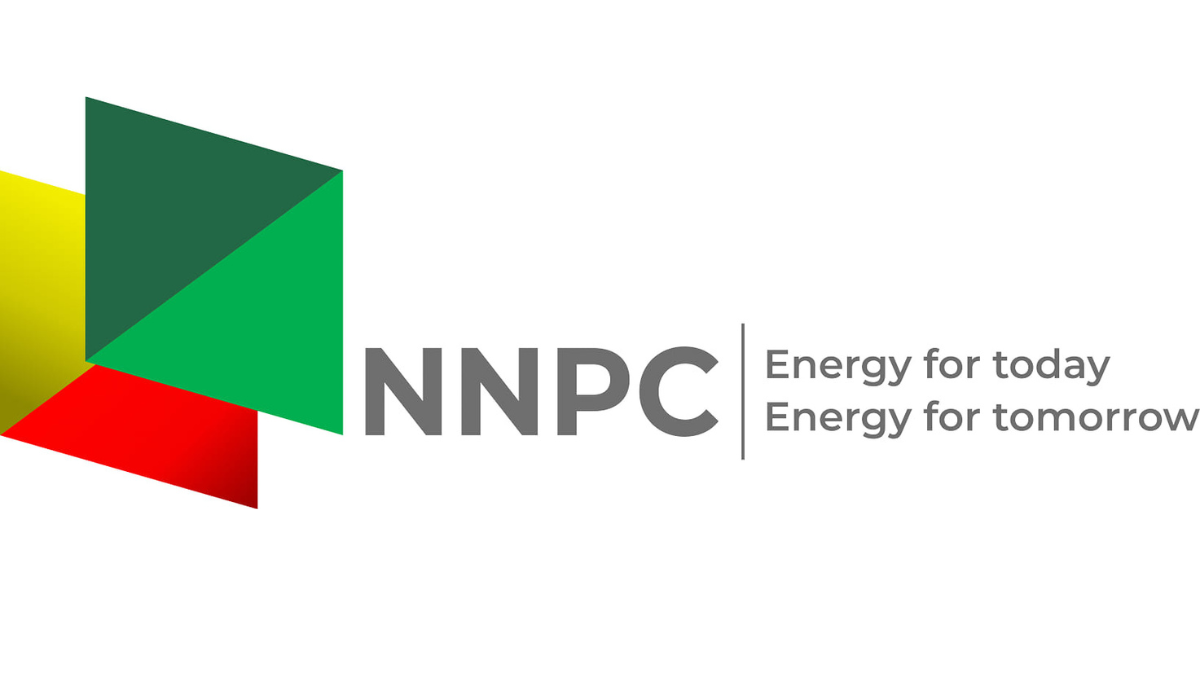President Bola Tinubu’s directive for the Nigeria National Petroleum Company Limited (NNPC) to submit receipts of crude oil sales to the Central Bank of Nigeria (CBN) is not only bold but also signals the end of the era where the oil company served as its own auditor.
The opacity of the NNPC has long posed challenges for Nigeria’s fiscal management. But the president needs to follow up on the new executive order.
For decades, Nigeria’s oil company NNPC has operated like a cult, to the extent that asking it to open its financial books for scrutiny was considered an aberration.

While corruption among authorities has stifled the state-owned oil company in Nigeria, its counterparts, such as the Saudi Arabian Oil Group, also known as Saudi Aramco, continue to be the most profitable state-managed oil company, repeatedly achieving the largest annual profits in global corporate history.
For instance, in 2018, when Nigeria’s NNPC reported a loss of N803 billion, Saudi Aramco posted an impressive $111 billion profit, making it the world’s most profitable company and surpassing the profits of Apple, Alphabet, J.P. Morgan, and Facebook.
In 2019, when NNPC reported a financial loss of N1.7 billion, attributing it to oil theft and lower crude oil prices, its Saudi Arabian counterpart reported a net income of $88.2 billion.
In recent years, NNPC reported a profit only in 2022, prompted by calls from stakeholders and international bodies that compelled the company to open it.
In 2022, when the Nigerian oil company reported a meagre $17.8 billion (or N8 trillion), Saudi Aramco’s net income stood significantly higher at $161.1 billion.
Despite being privatized by former President Muhammadu Buhari and transformed into a Company Limited, NNPC’s privatization status existed only on paper, not reflected in its mode of operation. A private company operating like NNPC would likely fold up within a year.
On November 30, 2023, the Extractive Industries Transparency Initiative (EITI), a global extractive body, issued a threat to expel Nigeria from its ranks if Africa’s biggest economy does not improve its transparency and stakeholder engagement.
For the record, the opacity under which the state-owned company operated has been under scrutiny for decades, yet the authorities deliberately chose not to pay attention. This lack of transparency persisted even when Buhari held the portfolio of Minister of Petroleum Resources.
In December 2013, when the former Governor of Nigeria’s apex bank, Sanusi Lamido Sanusi, revealed that the state-owned oil firm hadn’t remitted US$48.9 billion of government oil revenue to the central bank, he was intimidated into reducing the figure. Eventually, he was forced out of office and harassed, even after revising the amount to $20 billion USD.
When Sanusi made the revelations, Andrew Yakubu was the Group Managing Director (GMD) of the corporation from 2012 to 2014.
The former CBN Governor was vindicated four years later when, on February 3, 2017, operatives of the Economic and Financial Crimes Commission (EFCC) found sums of $9.8 million and £74,000 in a private residence belonging to Andrew, concealed in a hidden fire-proof safe. He claimed the funds were a gift received during his tenure at the NNPC.
The former Emir of Kano would later describe NNPC as the “most opaque oil company in the world”.
There are also allegations against some officials of the oil company that they take home suitcases filled with freshly minted local and foreign currencies. The brazen corruption in the NNPC should not be allowed to persist, especially during a time of forex crisis.
While the new order may not immediately improve the value of the Naira, calling for transparency by the president is crucial.
But Tinubu should go beyond that; he should put mechanisms in place to prevent any form of collusion that might occur between the NNPC boss and the apex bank chief.
Beyond that, the daily output of crude oil by the state-owned oil company is still shrouded in questionable secrecy. The president should make it mandatory for the NNPC to provide real-time data on its output. It could be weekly or monthly, Nigerians and the world want to know.
While the president deserves credit, the question remains: How transparent will the reporting be? The key lies in the implementation of the order, and he should be prepared to be held accountable for corruption in the NNPC as the Minister of Petroleum Resources.

